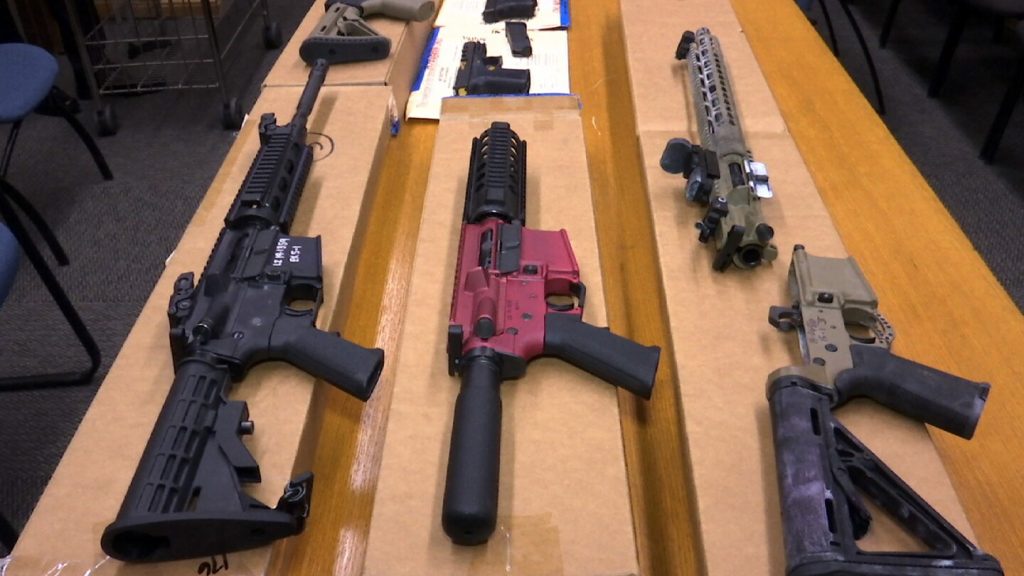The Nevada Supreme Court upheld a state ban on ghost guns, overturning a lower court’s ruling that deemed the law too vague. The law regulates firearm components without serial numbers and was challenged by a gun manufacturer, Polymer80 Inc., which argued that the terms used in the statute were not clearly defined. However, the Supreme Court found the language in the law to be easily understandable and upheld the ban on ghost guns, stating that the terms used were commonly understood in the industry.
Nevada Attorney General Aaron Ford, who filed the appeal on behalf of the state, hailed the Supreme Court’s decision as a win for public safety. He emphasized the importance of the ban on ghost guns in protecting Nevadans from violent crime. While Polymer80’s legal counsel did not immediately respond to requests for comment, the decision is seen as a significant step towards ensuring stricter regulations on firearms in the state. The ban on ghost guns is considered one of the most impactful pieces of legislation to pass through Carson City.
In a separate decision, the Supreme Court rejected a ruling by a Carson City judge regarding a voter initiative that addressed abortion rights under the umbrella of reproductive health care. Abortion rights advocates welcomed the decision, emphasizing the importance of reproductive freedom in all aspects of healthcare. The court’s ruling clarified that the initiative’s description was not misleading and fell within the scope of establishing a right to reproductive freedom. Despite the setback, advocates have shifted their focus to a different initiative that aims to amend the state constitution to ensure access to abortion through 24 weeks of pregnancy.
Lindsey Harmon, president of Nevadans for Reproductive Freedom, expressed confidence in the new ballot initiative and the support it has garnered. She highlighted the need to protect reproductive rights and ensure access to healthcare for all individuals. The initiative seeks to enshrine current protections under a 1990 law in the state constitution and would require approval from voters in 2024 and 2026 to effect a change. Abortion rights advocates have been actively collecting signatures for the initiative and are optimistic about its prospects in the upcoming elections.
The decision on the voter initiative has sparked debate among legal experts and advocacy groups, with some expressing disappointment over the court’s ruling. The Coalition for Parents and Children, a group opposed to the initiative, criticized the court’s interpretation of the single-subject rule, arguing that it could lead to broad and deceptive proposals in the future. The group plans to educate voters on the potential implications of the initiative and its impact on reproductive health care in Nevada. Despite the challenges, advocates remain steadfast in their commitment to advancing reproductive rights and ensuring access to essential healthcare services for all individuals.


